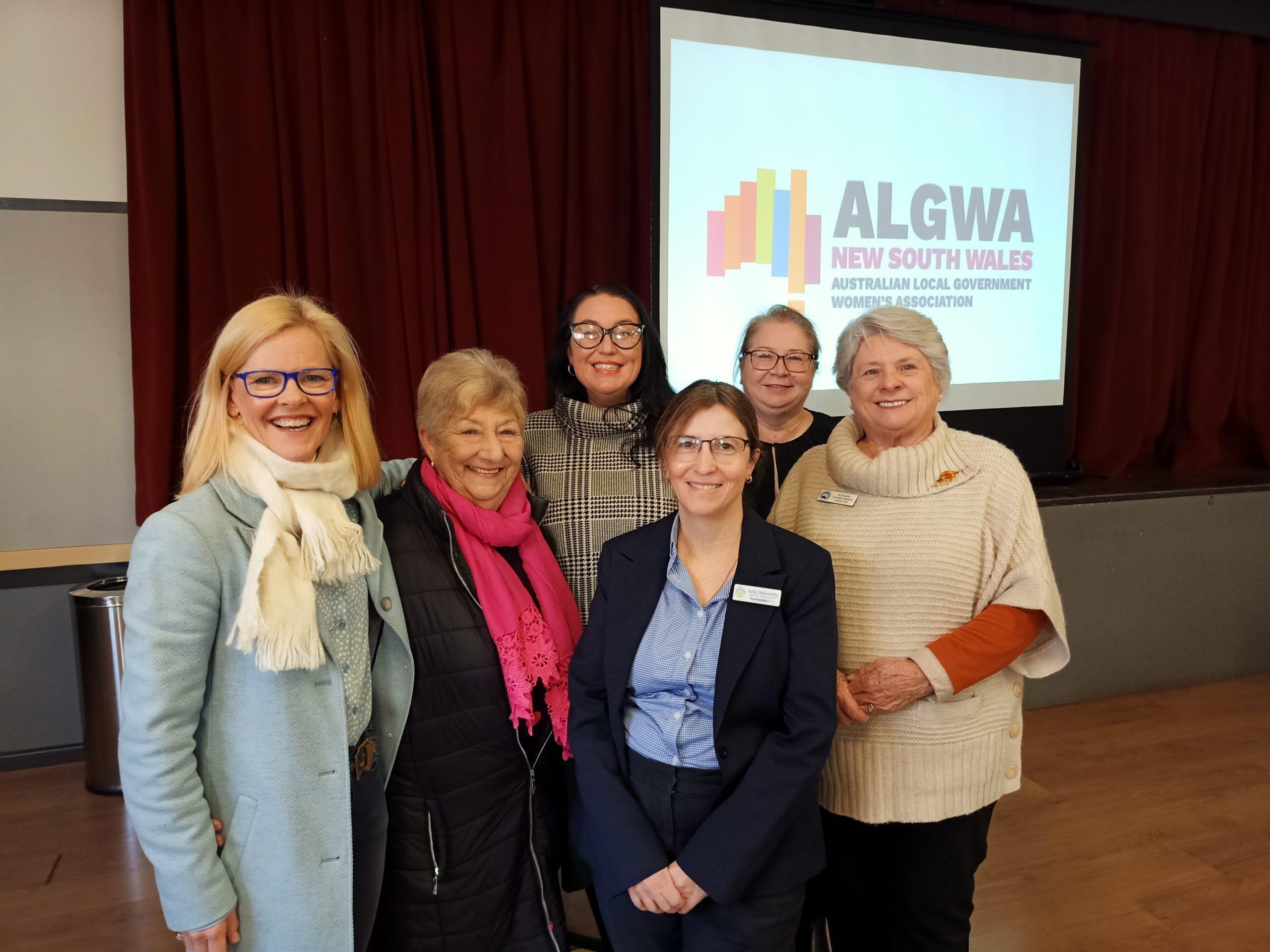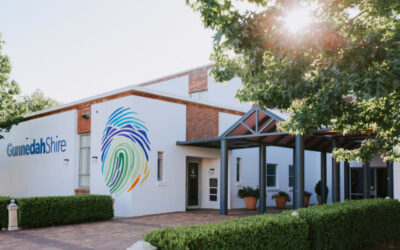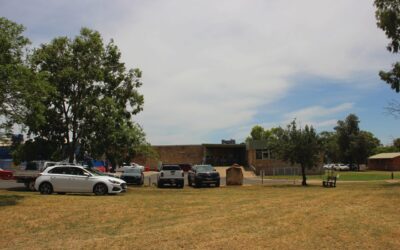Women interested in standing for election in local government had the chance to hear from a leading advocacy service on Saturday.
The Australian Local Government Women’s Association hosted a free, grant-supported presentation for prospective councillors in Gunnedah.
Although Gunnedah’s participant turn out was low, the association is encouraged by a general uptake in the number of women elected to local councils across the state.
ALGWA executive and Inverell Shire Council deputy mayor, Kate Dight, said about 40 per cent of NSW councillors are women.
“That’s a much better improvement on 10-15 years ago and interestingly, it’s over that [percentage] for mayors being women,” Ms Dight said.
The forum offered women in Gunnedah the chance to hear about the role of councillors and advice for those standing as candidates in the NSW local government elections in September.
Candidates were suggested to consider ‘what do they stand for?’ in determining their priorities but also to be mindful they “cannot do everything”.
Speakers also highlighted personal traits, such as resilience and a sense of humour, needed by those in the role.
ALGWA past president Di Baker said above all, councillors are elected to serve as strong advocates for their communities.
“You do it for your community and your civic service,” she said.
“It is very rewarding and I think you can make a difference.”
Ms Baker is retiring at the end of this term of council after 25 years with Inverell Shire Council.
After a quarter of a century on local government, including much of that time with ALGWA, the outgoing councillor said it was not the issues she will miss most but the people.
“I’m going to miss the interactions and discussions around the table with fellow councillors and staff,” she said.
“I’m fortunate to have been involved with a very well run and respected council at Inverell.
“It is so nice to work with a group of people who become your friends and allies.”
She also urged those with strong opinions, to stand up for their beliefs.
“There is no point whinging about council, you might as well take part and do something about it,” she said.
Ms Dight said council is the closest arm of government to the community and can provide a platform for young, elected representatives to have their views heard.
“It’s very enriching, you really feel like you’re giving back and I’d love to see the next generation coming through because without them, they’re not represented in this space,” she said.
Bad behaviour belongs in ‘dark ages’
There is no denying the role of public figure can be incredibly tough and it appears the position of local councillor is no different.
While the Australian Local Government Women’s Association described the role as immensely rewarding, its past president Di Baker said some elected members also suffer unacceptable behaviour towards them.
Ms Baker said although women only make up 40 per cent of elected members, the statistics show there is still a lot of harassment, bullying and intimidation going on.
“We recently surveyed people about bullying, harassment and intimidation and we found about 33 per cent of women metropolitan councillors had experienced this, 33 per cent of regional and 33 per cent of rural councillors had too,” she said.
“It’s disappointing to see that high number. It needs to be stopped and it has to be improved because it belongs in the dark ages.”
The association is working to improve the situation for women councillors by teaming up with an Australian university to research how other countries around the world have solved or improved the problem.
“It all comes back to a change of attitude and that is all incremental, we need to work on it every year,” Ms Baker said.There is no denying the role of public figure can be incredibly tough and it appears the position of local councillor is no different.
While the Australian Local Government Women’s Association described the role as immensely rewarding, ALGWA past president Di Barker said the reality is some elected members also suffer unacceptable behaviour towards them.
“We recently surveyed people about bullying, harassment and intimidation and we found about 33 per cent of women metropolitan councillors had experienced this, 33 per cent of regional and 33 per cent of rural councillors had too,” she said.
“It’s disappointing to see that high number.”
Ms Baker said although women only make up 40 per cent of elected members, the statistics show there is still a lot of harassment, bullying and intimidation going on.
“It needs to be stopped and it has to be improved because it belongs in the dark ages,” she said.
The association is working to improve the situation for women councillors by teaming up with an Australian university to research how other countries around the world have solved or improved the problem.
“It all comes back to a change of attitude and that is all incremental, we need to work on it every year,” Ms Baker said.
To order photos from this page click here



